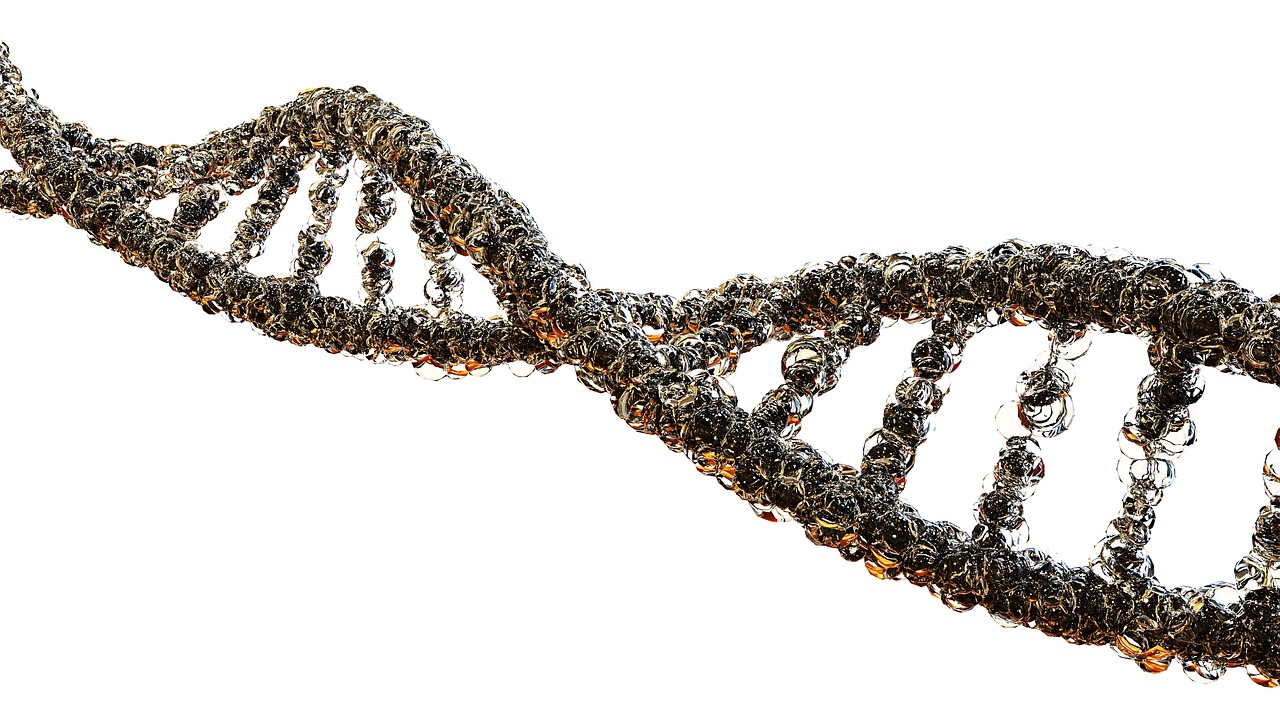The Ethics of Gene Editing and Its Potential Impact on Human Evolution

In the not-so-distant past, the idea of editing human genes was the stuff of science fiction. Fast forward to today, and technologies like CRISPR have brought gene editing into the realm of reality, raising profound ethical questions and potential impacts on human evolution. Let’s explore the intricacies of this groundbreaking field and the ethical dilemmas it poses.
The Promise of Gene Editing
Gene editing offers a tantalizing array of possibilities. By precisely altering DNA, scientists can potentially eliminate genetic disorders, enhance human capabilities, and even extend lifespan. Imagine a world where diseases like cystic fibrosis, sickle cell anemia, and Huntington’s disease are eradicated before birth. The potential benefits are immense, but so are the challenges.
Ethical Considerations
- Playing God: One of the most contentious issues is whether humans have the right to alter the fundamental building blocks of life. Critics argue that gene editing crosses a moral boundary, tampering with nature in ways that could have unforeseen consequences.
- Inequality and Access: Gene editing could exacerbate existing social inequalities. If only the wealthy can afford such treatments, it could lead to a new form of genetic classism, where the rich are healthier, smarter, and live longer than the poor. Ensuring equitable access to these technologies is crucial.
- Unintended Consequences: The long-term effects of gene editing are still largely unknown. What if editing one gene inadvertently causes problems elsewhere? The possibility of unintended consequences, both for individuals and the human gene pool, is a significant concern.
- Consent: Editing the genes of embryos or germline cells (which are passed on to future generations) raises the issue of consent. Future generations will be affected by these decisions, yet they have no say in the matter. This ethical dilemma is complex and contentious.
Potential Impact on Human Evolution
Gene editing holds the power to steer human evolution in unprecedented ways. Here are some potential impacts:
- Eradication of Genetic Diseases: If used responsibly, gene editing could eliminate many genetic disorders, leading to a healthier human population. This would mark a significant evolutionary milestone.
- Enhanced Abilities: Beyond eradicating diseases, gene editing could enhance human capabilities, such as intelligence, physical strength, and resistance to diseases. This could lead to a new era of human potential, but also raises ethical questions about what it means to be human.
- Genetic Diversity: Gene editing could either increase or decrease genetic diversity. If widely adopted, it might lead to a homogenization of desirable traits, potentially reducing the genetic variability that is crucial for adaptation and survival.
- Evolutionary Speed: Traditional evolution is a slow process driven by natural selection. Gene editing could accelerate this process, allowing for rapid changes in the human gene pool. This could have unpredictable and far-reaching consequences.
A Call for Responsible Innovation
As with any powerful technology, the key to gene editing lies in responsible innovation. Policymakers, scientists, ethicists, and the public must engage in open, transparent discussions to navigate the ethical landscape. Robust regulations and oversight are essential to ensure that gene editing is used for the greater good and not to the detriment of society.
Conclusion
The ethics of gene editing and its potential impact on human evolution present one of the most significant moral challenges of our time. While the promise of eradicating diseases and enhancing human capabilities is enticing, it is imperative to tread carefully. By balancing innovation with ethical considerations, we can harness the power of gene editing to improve human life while safeguarding the integrity of our species and the natural world.
The future of gene editing is a collective journey, and its path will be shaped by the values and decisions we make today.













Post Comment